- Storm Goretti clean-up in ‘full swing’ on Channel Island BBC
- ‘How do we get our roof back?’: Residents face Storm Goretti damage as many still without power BBC
- Snow sweeps English town, stranding car and slowing commuters Dunya News
- Storms spark…
Category: 2. World
-
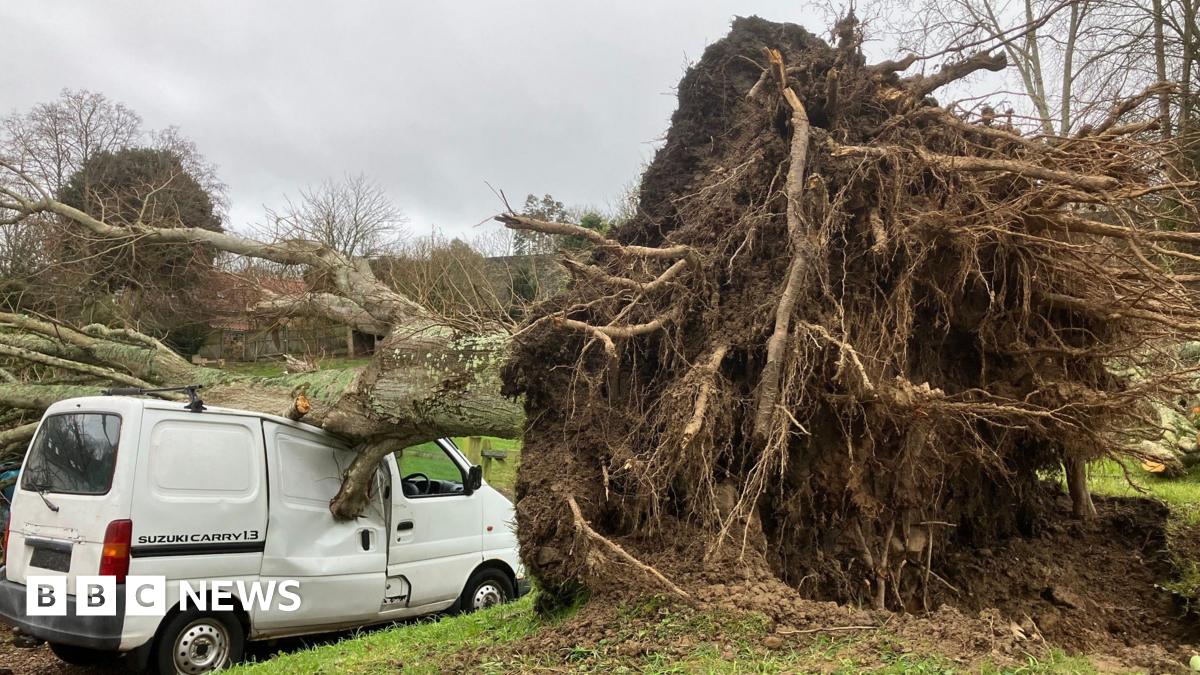
Storm Goretti clean-up in 'full swing' on Channel Island – BBC
-
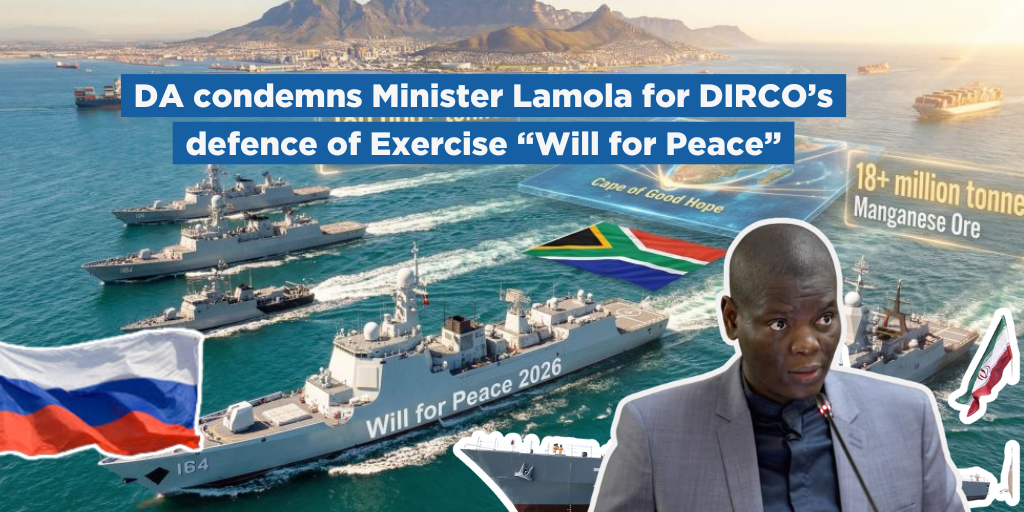
DA condemns Minister Lamola for DIRCO’s defence of Exercise “Will for Peace”
The Democratic Alliance (DA) condemns Minister of International Relations and Cooperation (DIRCO), Ronald Lamola, for his public defence of South Africa hosting sanctioned Iranian and Russian naval vessels during the BRICS+ Exercise “Will for…
Continue Reading
-
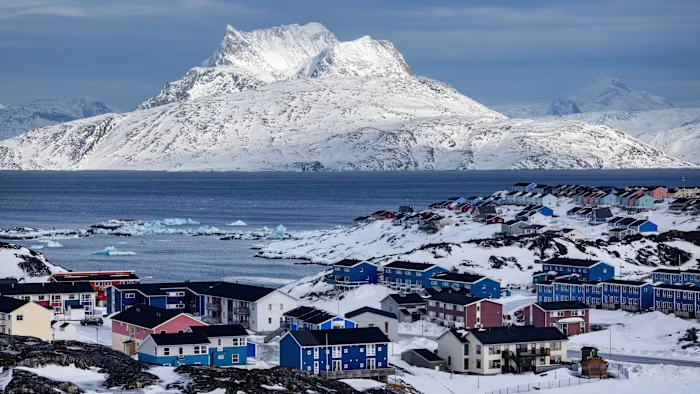
Nordics reject Trump’s claim of Chinese and Russian ships around Greenland
Stay informed with free updates
Simply sign up to the Geopolitics myFT Digest — delivered directly to your inbox.
Nordic diplomats rejected US President Donald Trump’s claims of Russian and Chinese vessels operating near Greenland, which he has…
Continue Reading
-
Confronting protests, Iran vows to strike back if U.S. attacks – Reuters
- Confronting protests, Iran vows to strike back if U.S. attacks Reuters
- Live updates: Iran protesters defy crackdown amid ongoing internet blackout CNN
- Iranian president to address economic plans today, as rights group says 192 people killed in…
Continue Reading
-
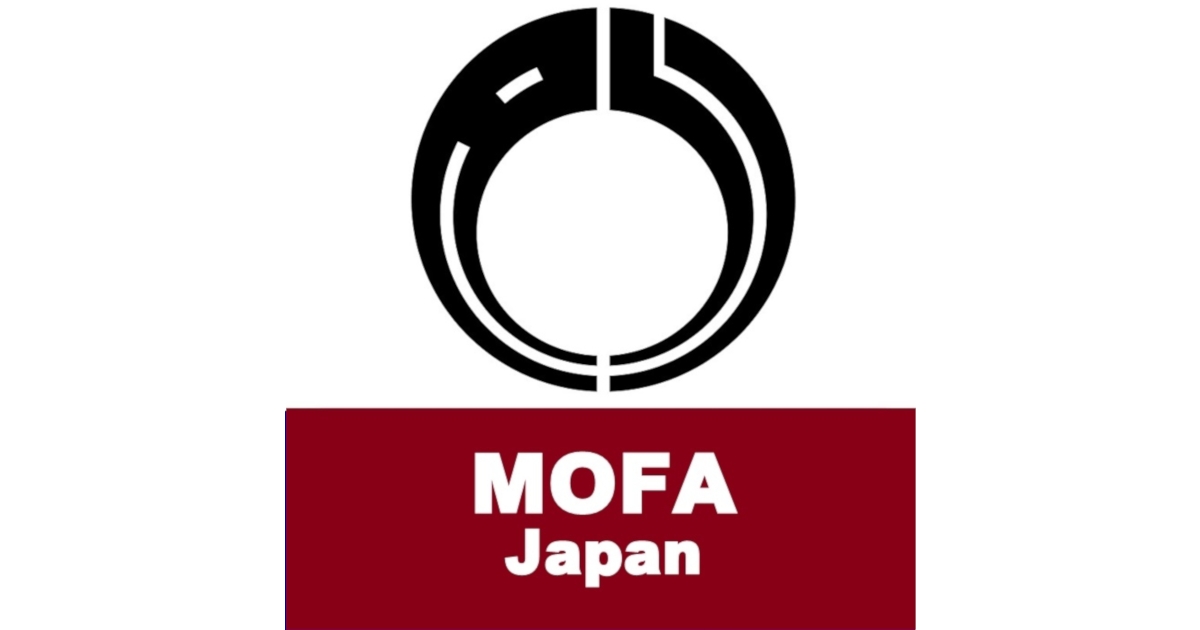
The Situation in Iran (Statement by Foreign Minister MOTEGI Toshimitsu)
The Situation in Iran (Statement by Foreign Minister MOTEGI Toshimitsu) | Ministry of Foreign Affairs of Japan
…Continue Reading
-

Iran vows to strike back if US attacks as regime change protests continue
At least 116 people have been killed as nationwide protests challenging Iran’s theocracy have crossed the two-week mark, activists said.
As the death toll has risen, a further 2,600 others have been detained, according to the US-based Human Rights…
Continue Reading
-
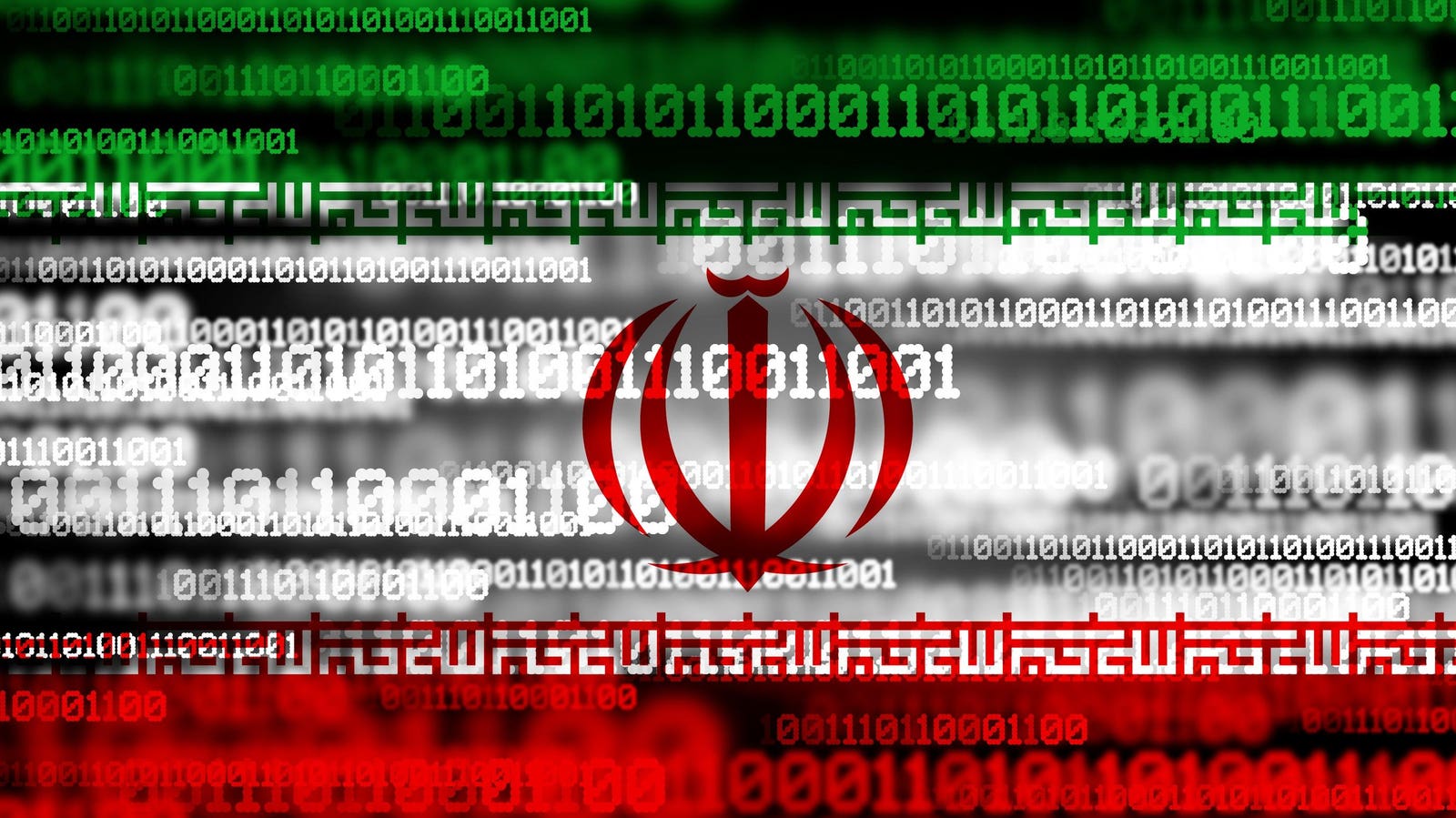
‘Kill Switch’—Iran Shuts Down Musk’s Starlink For First Time
Iran’s blackout gets worse.
getty
Updated on Jan. 13 with new reports into Starlink restrictions and users being hunted down by the Iranian authorities, as well as Musk’s offer of free connectivity.
We have not seen this before. Iran’s digital…
Continue Reading
-
Iran Warns US, Israel of Retaliation as Unrest Enters Third Week – Bloomberg.com
- Iran Warns US, Israel of Retaliation as Unrest Enters Third Week Bloomberg.com
- Iran protesters defy crackdown as videos show violent clashes BBC
- Iran says over 100 officers killed as protesters defy government crackdown Al Jazeera
- Iran…
Continue Reading
-
‘Massacre’ feared in Iran as security forces seek to crush protests – The Washington Post
- ‘Massacre’ feared in Iran as security forces seek to crush protests The Washington Post
- Iran says over 100 officers killed as protesters defy government crackdown Al Jazeera
- Troubling events Dawn
- Iran protesters tell of brutal police response…
Continue Reading
-
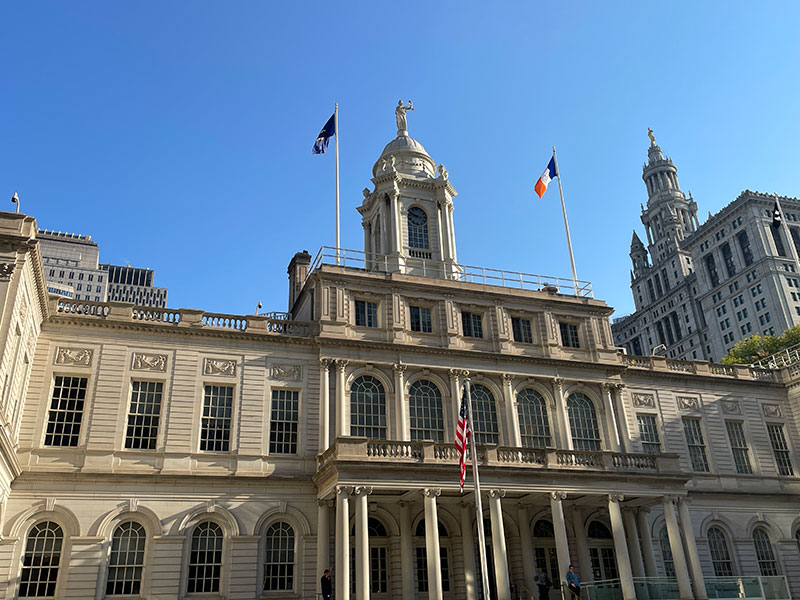
Emergency Executive Order 2.1 – NYC Mayor’s Office
Download Emergency Executive Order 2.1
WHEREAS, pursuant to a state of emergency first declared by Emergency Executive Order No. 224, dated October 7, 2022, and subsequent orders extending such state of emergency, the City has operated…
Continue Reading